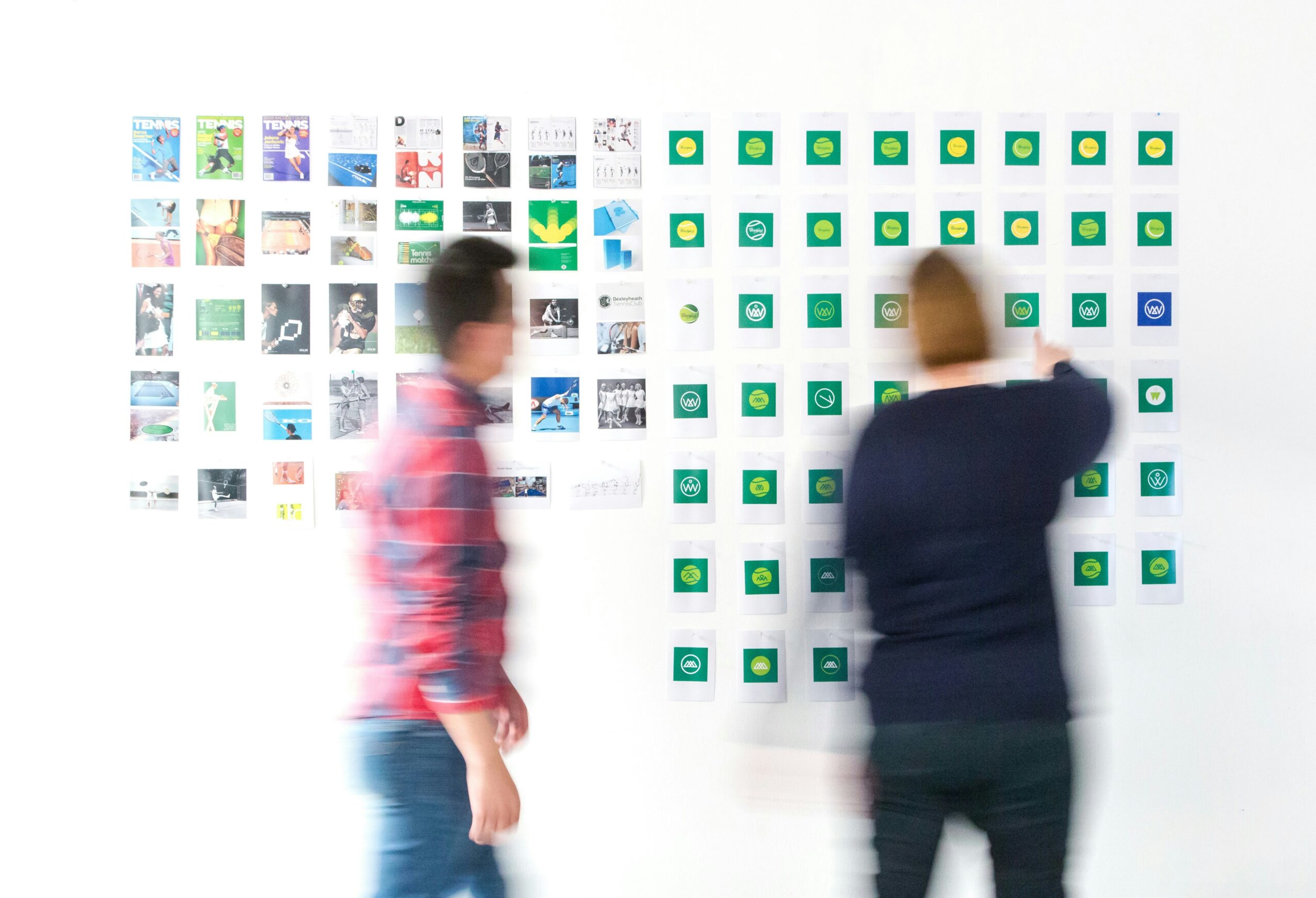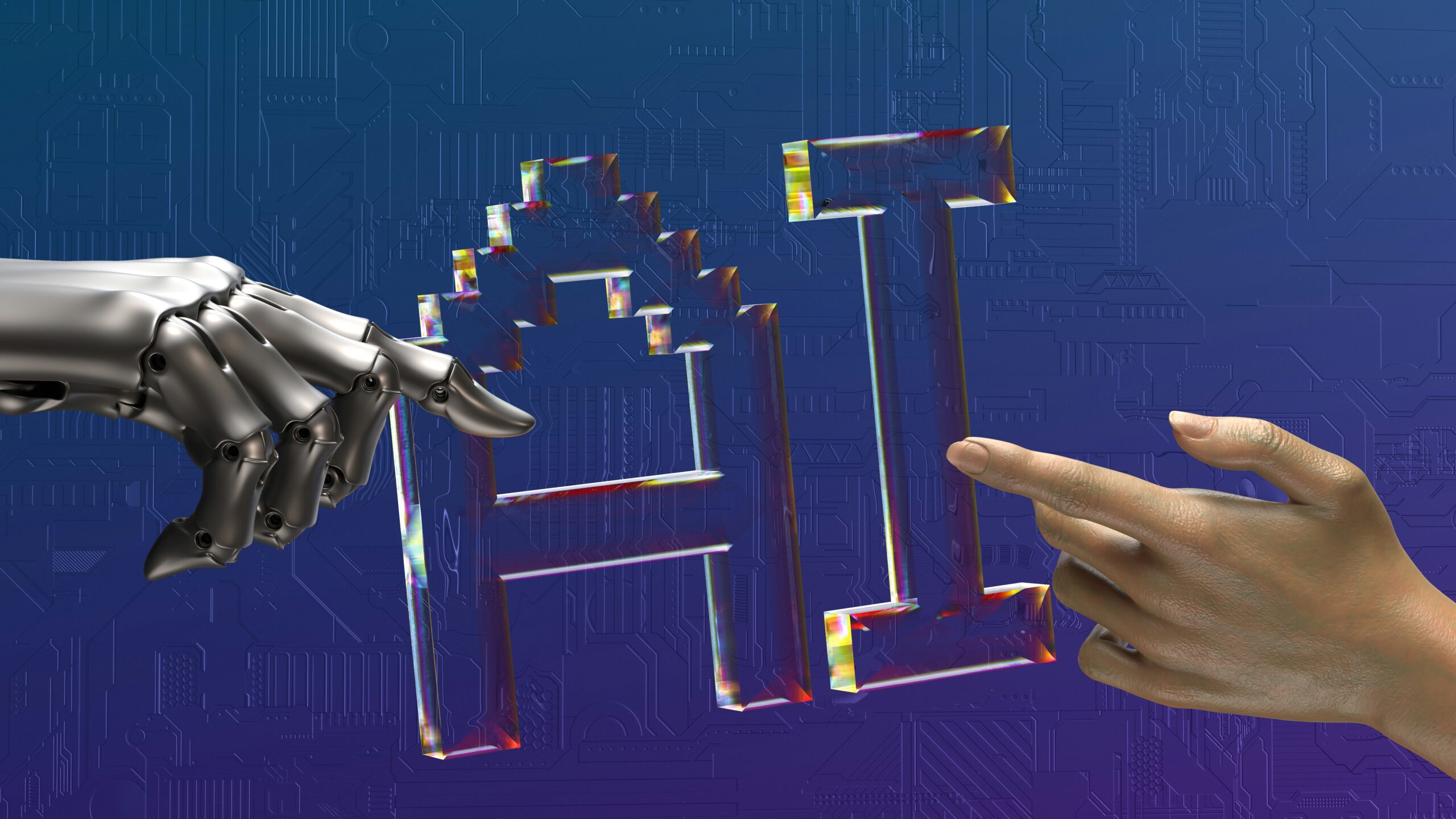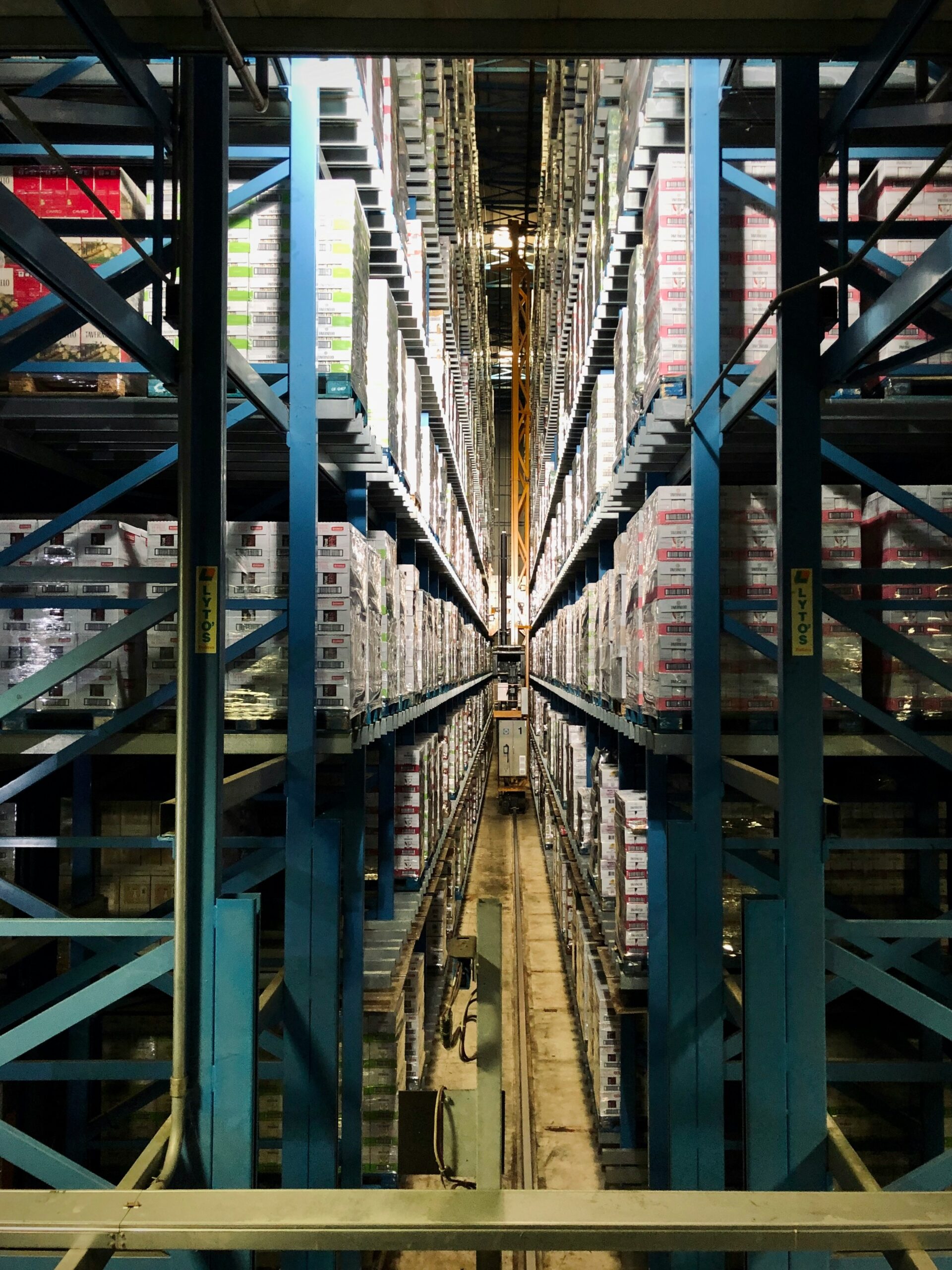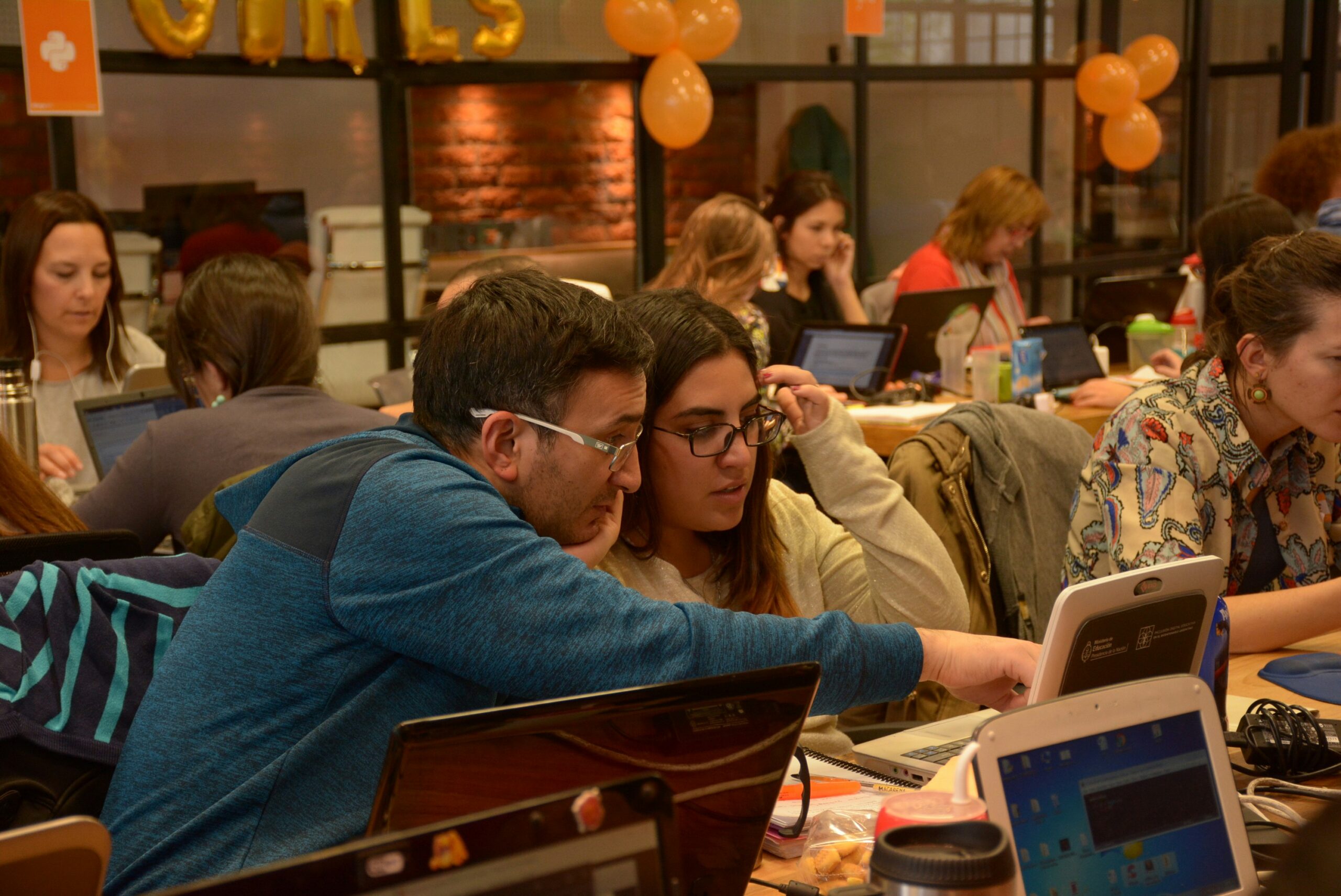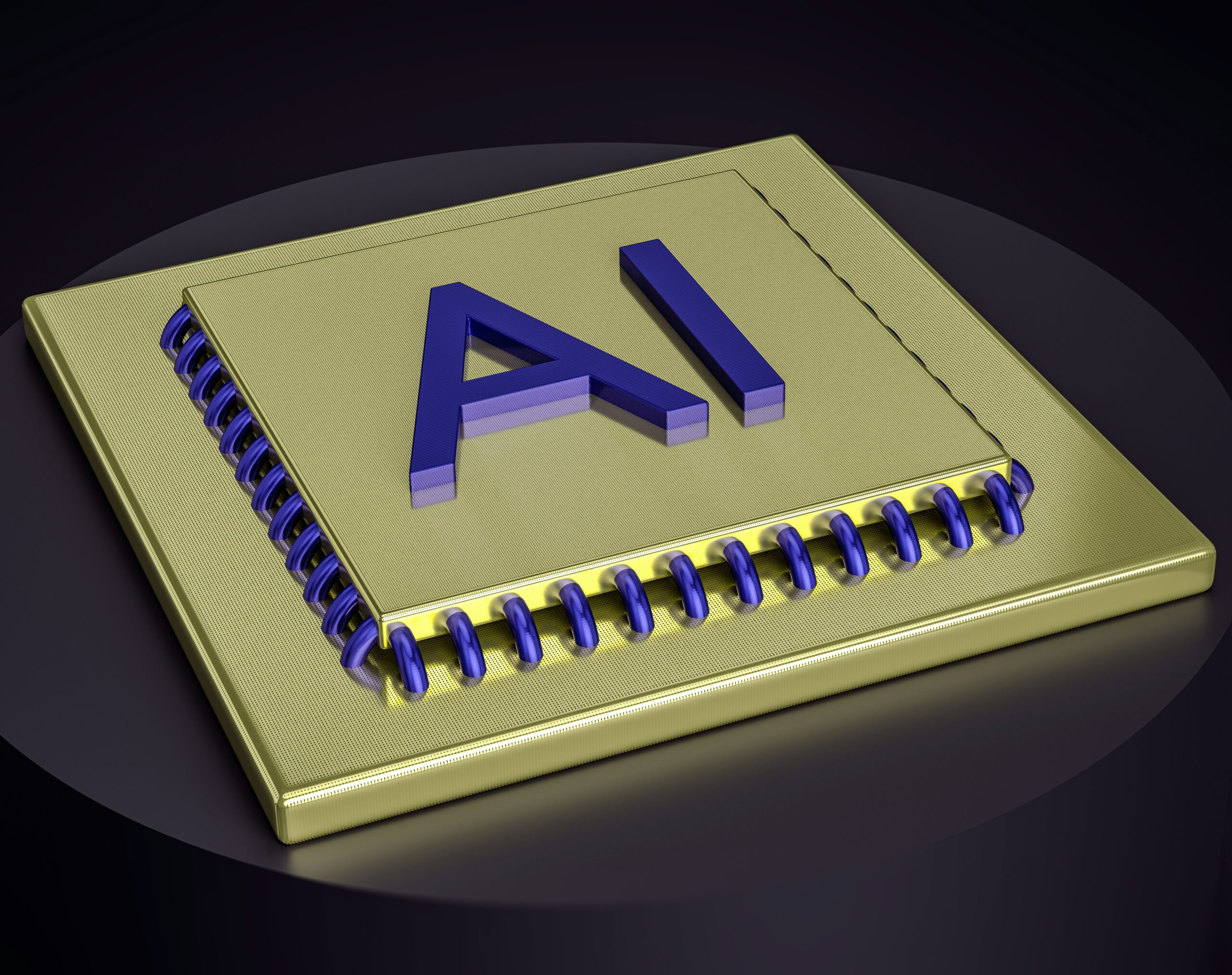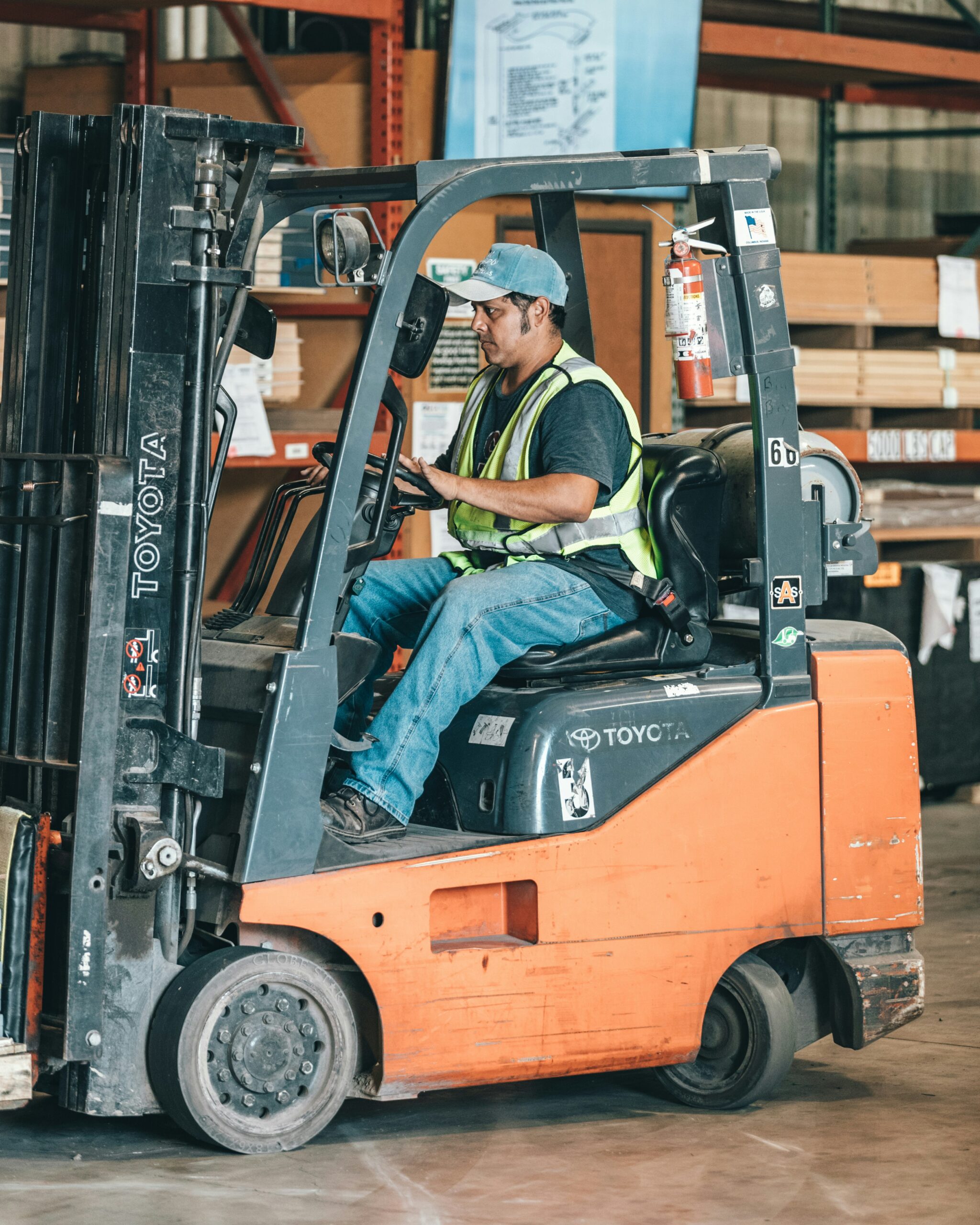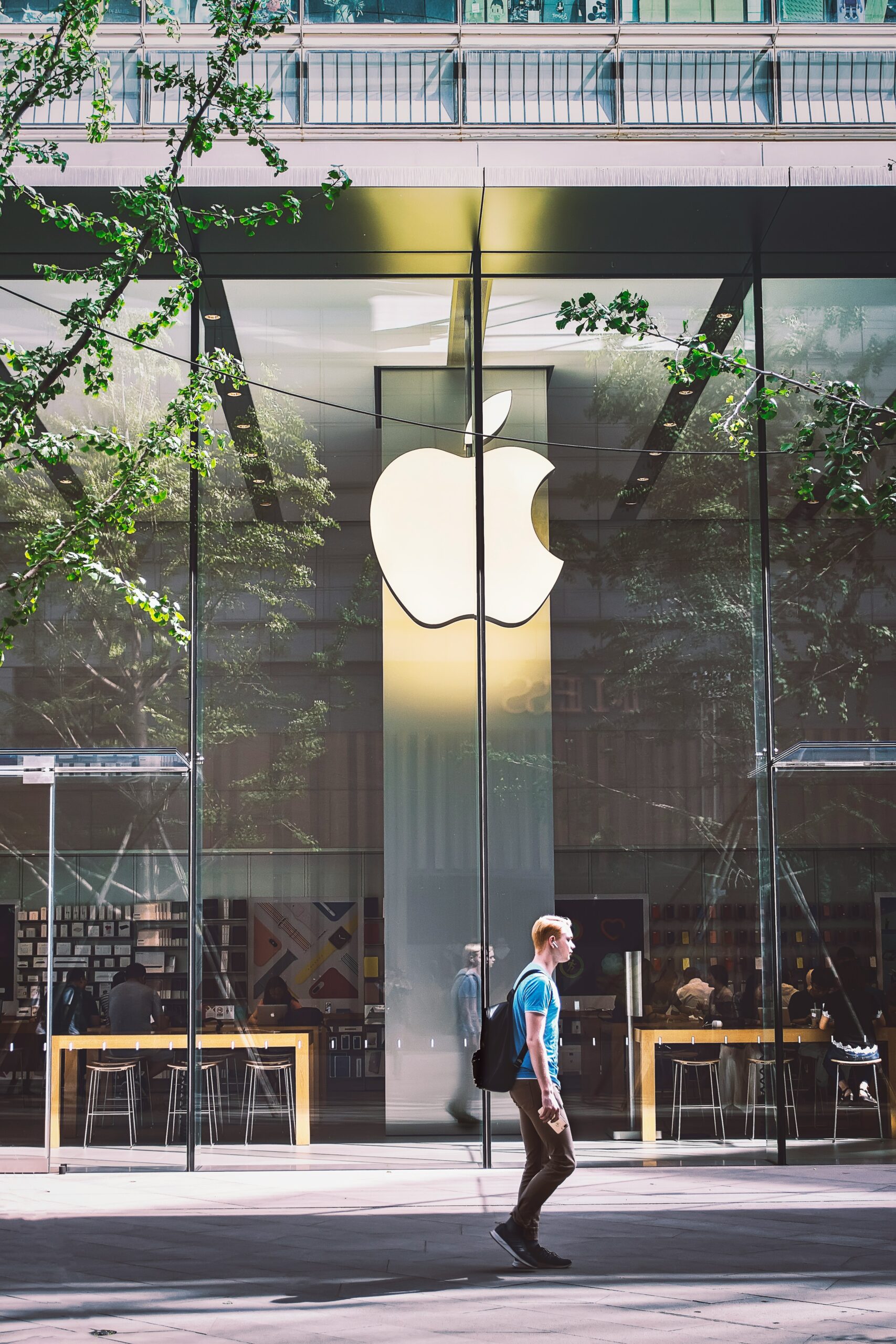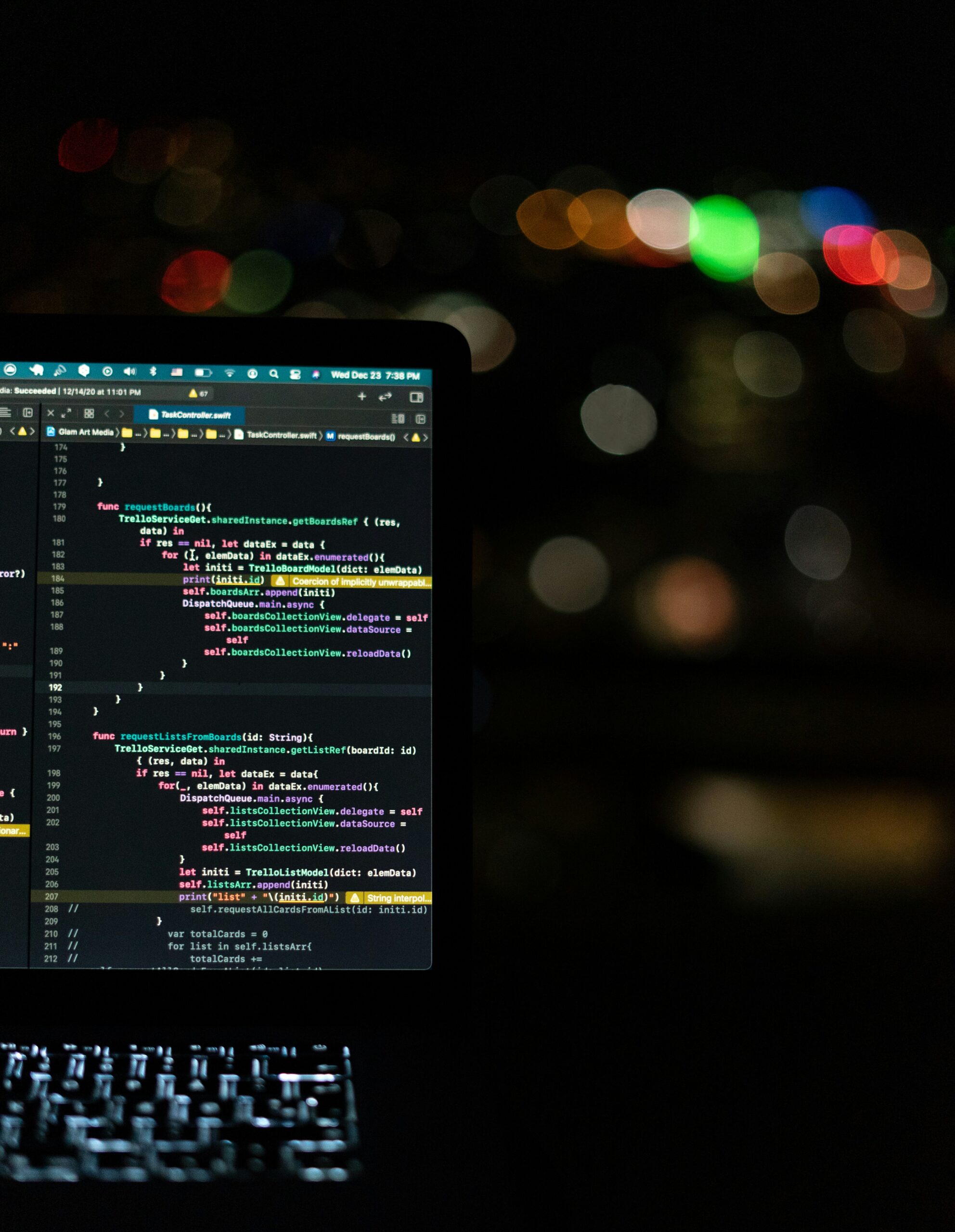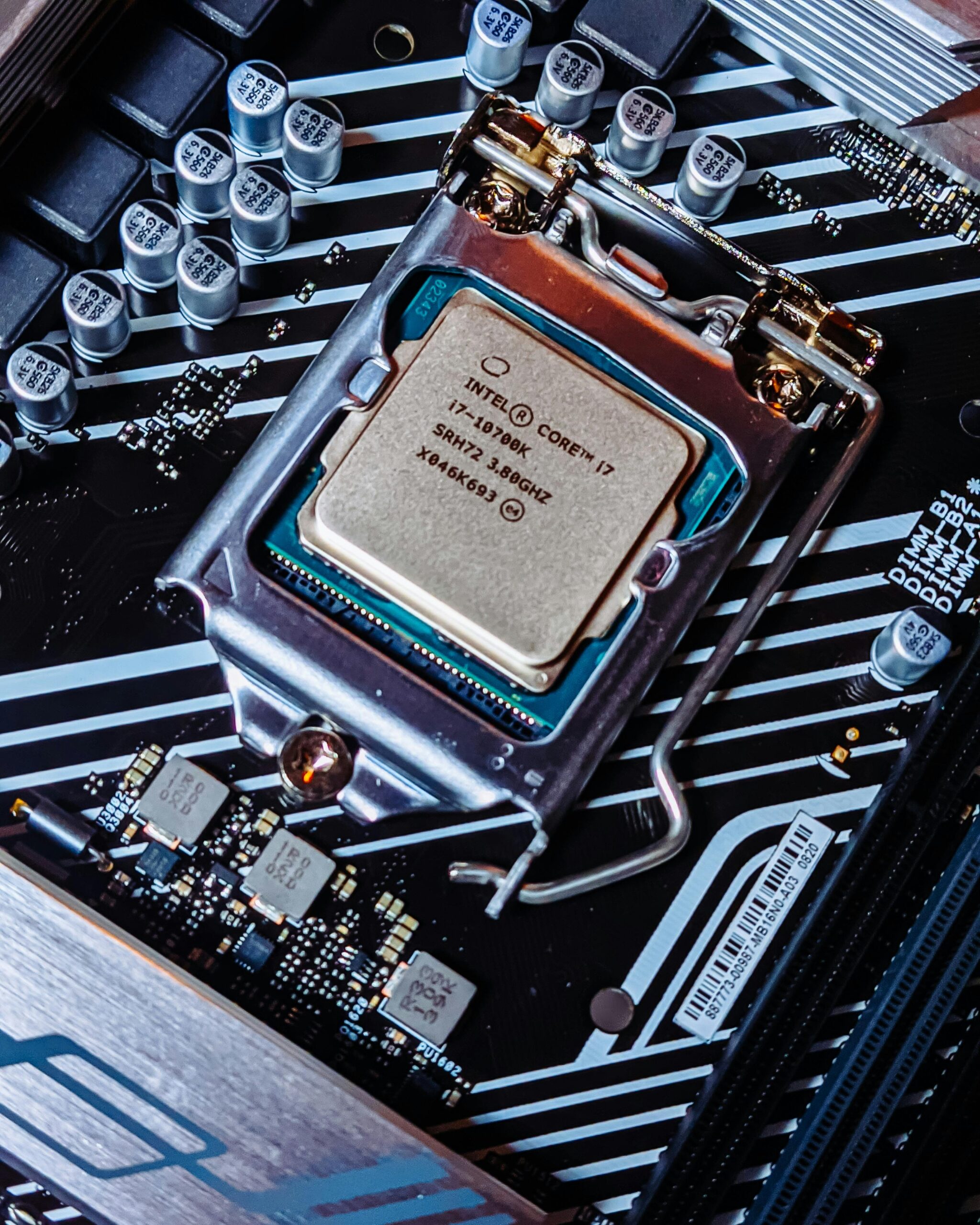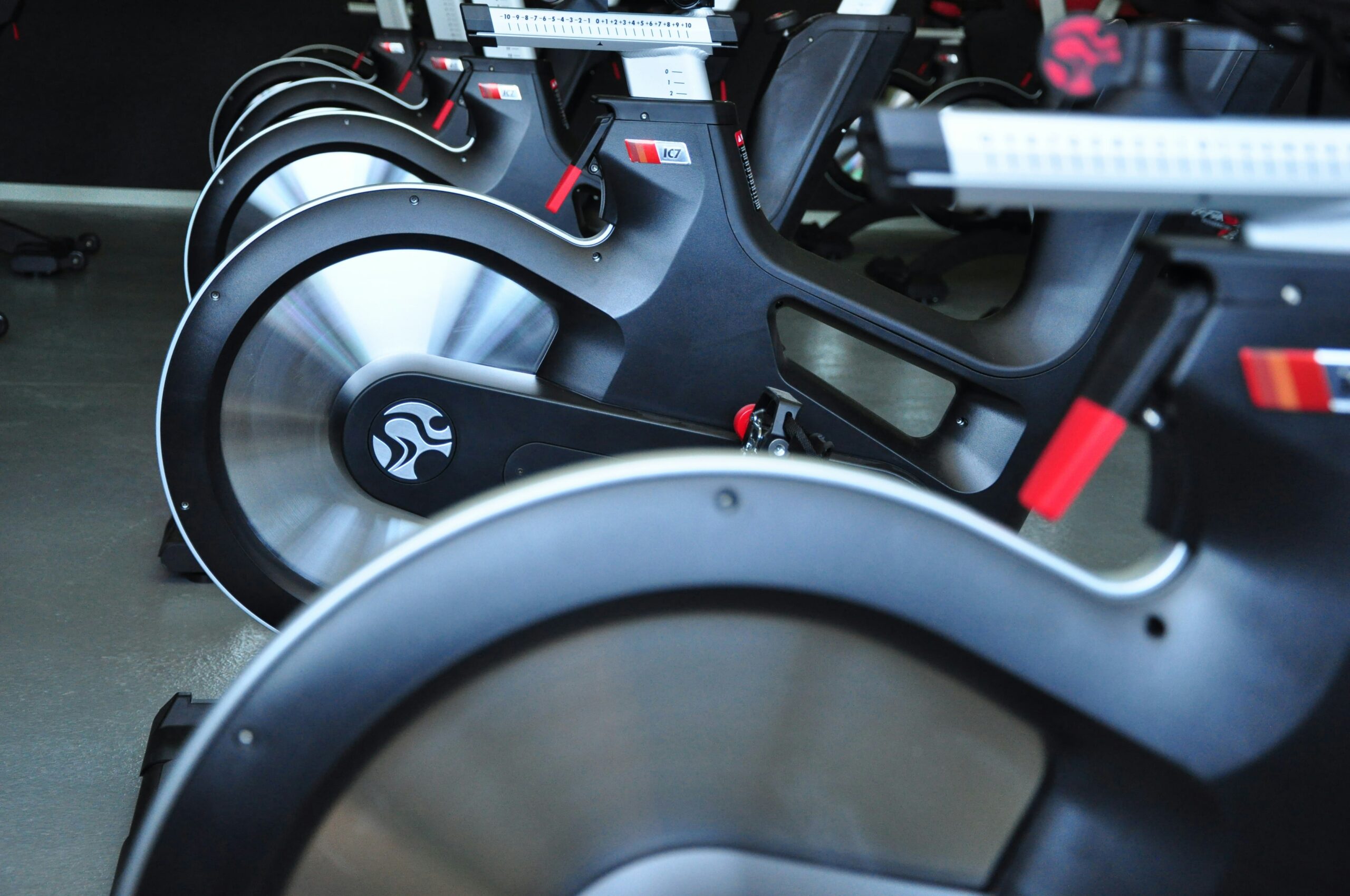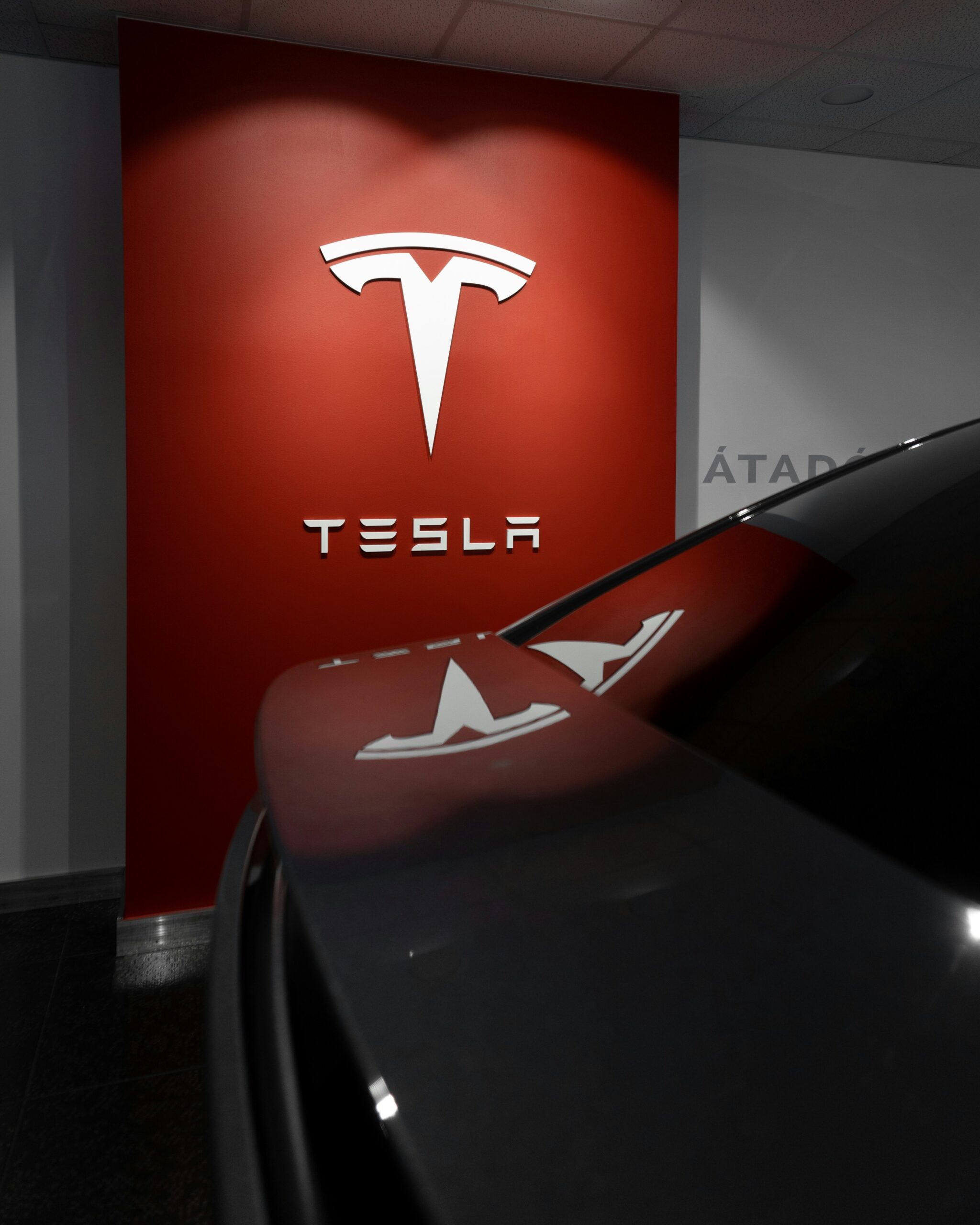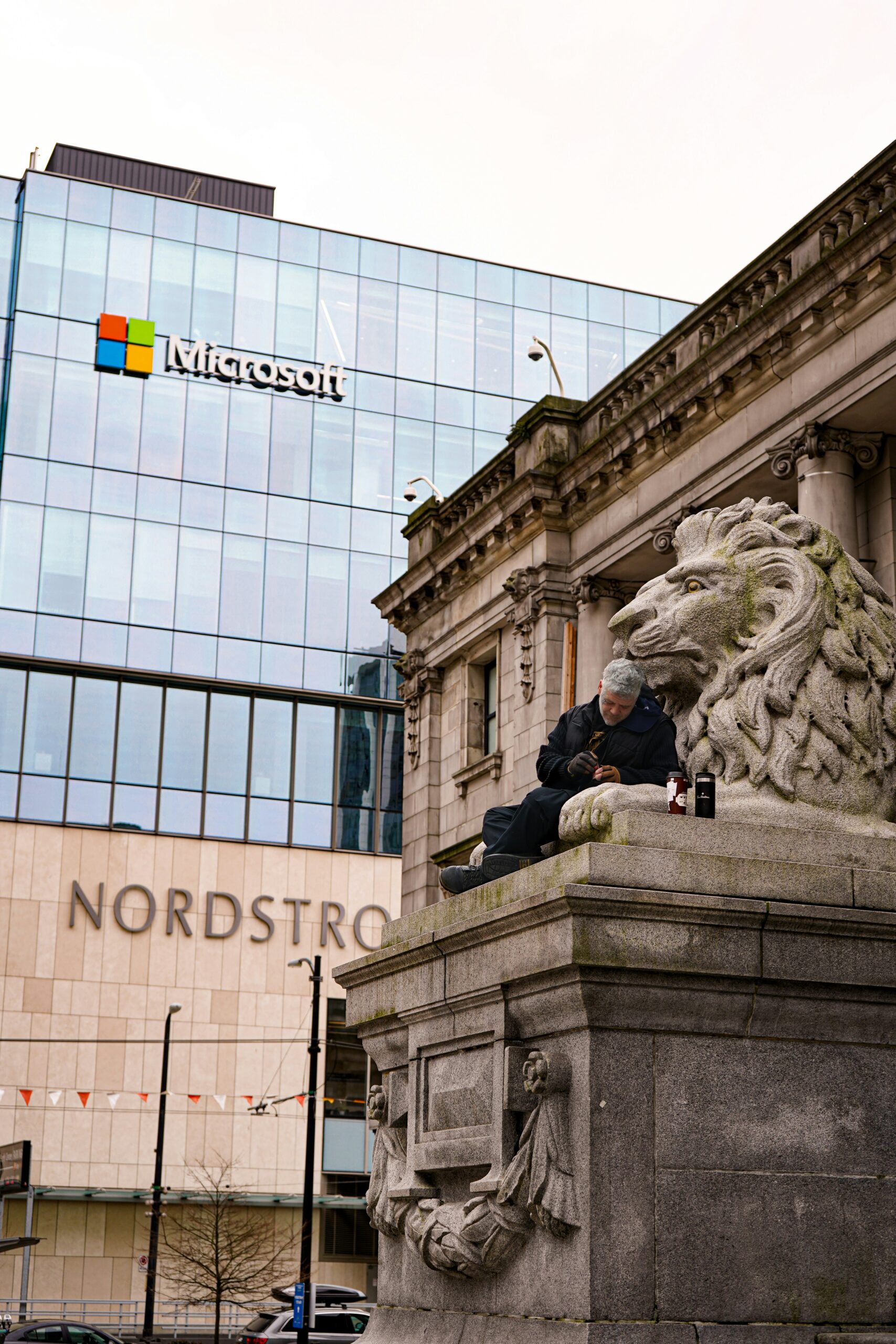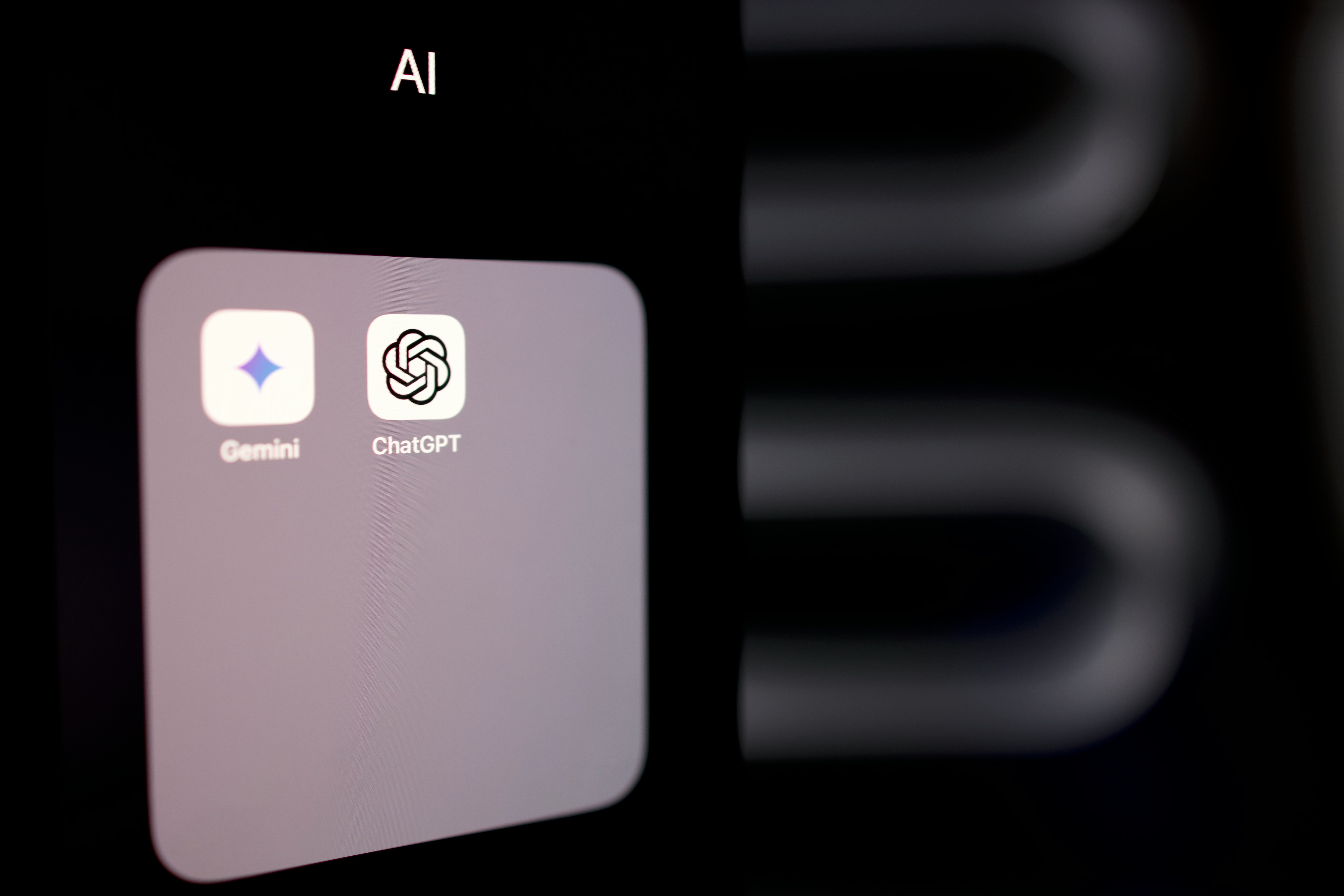Image credit: Pexels
Klarna CEO Sebastian Siemiatkowski has a clear message to organizations globally. According to him, artificial intelligence is no longer a tool to assist workers; it is replacing them. In an interview with Bloomberg, he stated his belief that AI can perform any human job.
“I am of the opinion that AI can already do all of the jobs that we, as humans, do. It’s just a question about how we apply it and use it,” Siemiatkowski said.
Unlike other tech leaders, such as Nvidia’s Jensen Huang, who argue that AI will primarily enhance human productivity rather than eliminate jobs, Siemiatkowski takes a more disruptive approach. His perspective aligns with growing concerns among workers and analysts.
According to a recent survey by the World Economic Forum, 41% of employers expect to reduce staff whose skills become obsolete by 2030. Younger professionals are particularly uneasy as 62% of Gen Z employees fear AI will replace their roles within the next decade, according to a 2024 General Assembly survey.
For Klarna’s chief executive, AI’s role in workforce transformation isn’t just speculation; it’s already happening within his company.
AI Is Reshaping Klarna’s Workforce
Siemiatkowski’s belief in AI’s capabilities is not just theoretical. Klarna, the $14.6 billion payment service company, has actively reduced its workforce as AI takes over key functions. The company’s hiring freeze in late 2023 and natural attrition led to a reduction from 4,500 employees to 3,500 in 2024.
Even executive roles are not exempt. Siemiatkowski proved this by using an AI-generated version of himself to present Klarna’s third-quarter earnings report in 2023.
“Look, a lot of the jobs are going to be threatened. And what are the jobs that people like the least? It’s lawyers, CEOs, and bankers, and I happen to be both CEO and banker,” he told Bloomberg. “So I said, ‘Let’s replace our jobs first.’”
Beyond leadership, Klarna has integrated AI across various departments. The company reports saving $10 million annually by automating marketing, streamlining legal work, and improving communications. AI-powered chatbots have taken over customer service roles, handling inquiries 700 times faster than human agents and resolving cases nine minutes quicker than before.
Despite these significant workforce changes, Siemiatkowski insists that Klarna employees adapt positively. The company’s cost savings are being redistributed into employee salaries, encouraging staff to embrace AI.
“By not hiring we’re simply shrinking, and what we’ve said to our [workers] is that what is going to happen is the total salary cost of Klarna is going to shrink. But part of the gain is that is going to be seen in your paycheck,” he said.
Worker Pushback as AI Expands
While Klarna’s leadership embraces AI, not everyone is as enthusiastic. The company has faced backlash for its automation push, particularly in creative industries.
“When we did a tweet later on about the marketing things we were doing [with] AI, where we have less need for photographers—[but] we still need them, predominantly for the creative stuff and less for the day-to-day stuff—that had a violent reaction online,” Siemiatkowski said in an interview with Sequoia Capital. “And I can understand why. Because people emotionally resonate a lot with that.”
The controversy is not unique to Klarna. Companies across industries are facing resistance as AI replaces human roles. Last year, software firm Lattice announced it would give digital workers official employee records, sparking outrage before retracting the plan.
Similarly, unionized dockworkers staged a three-day walkout in 2023, protesting the potential displacement caused by automation. AI’s role was also central in the 2023 SAG-AFTRA strike, with entertainment workers pushing back against using AI to replicate their likenesses.
The Future of Workforces
Siemiatkowski predicts white-collar jobs will be more vulnerable to AI than manual labor. “Proper robots will take a little more time to develop—but today, AI is already in the workforce,” he stated.
While professions requiring physical labor, such as trucking, may remain relatively safe, knowledge-based jobs like marketing, finance, customer service, and executive roles are already being reshaped. Klarna’s internal AI-driven transformation is a case study in this ongoing shift.





















